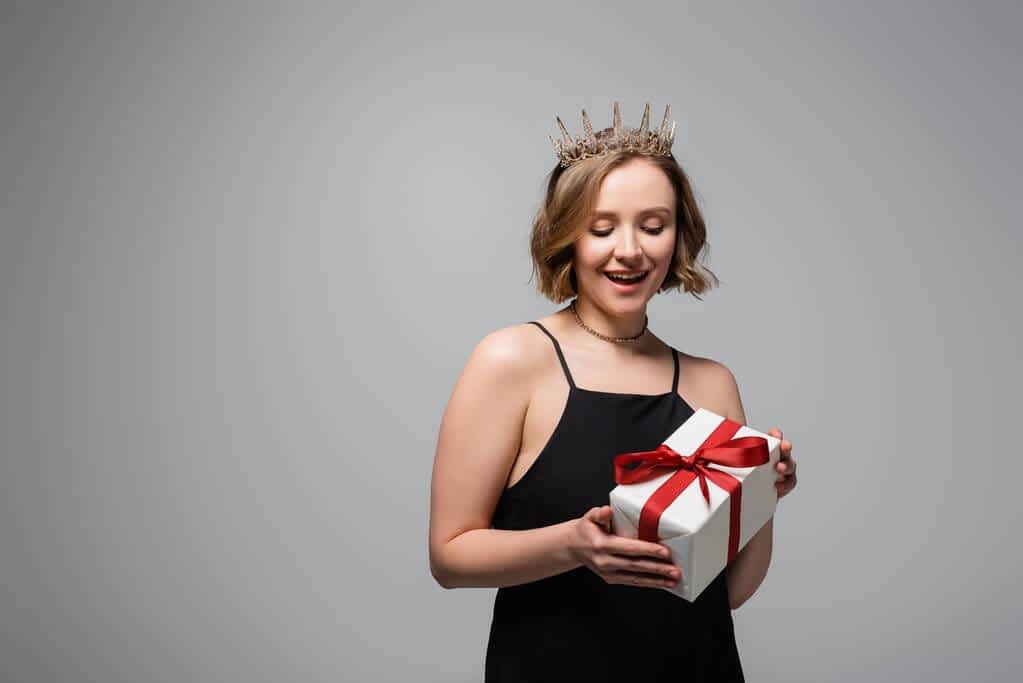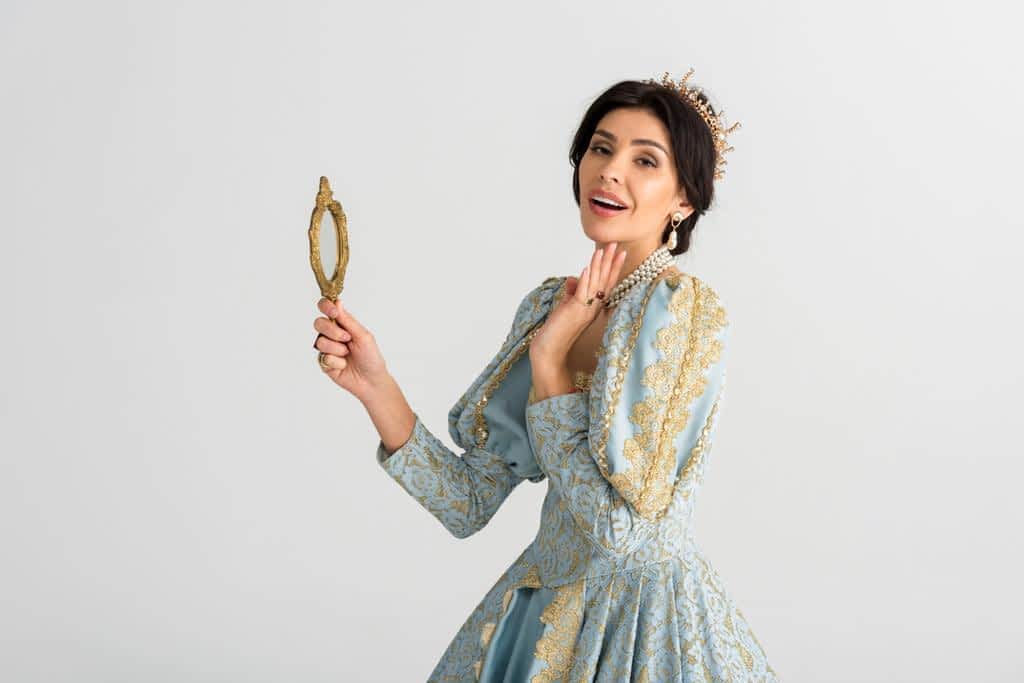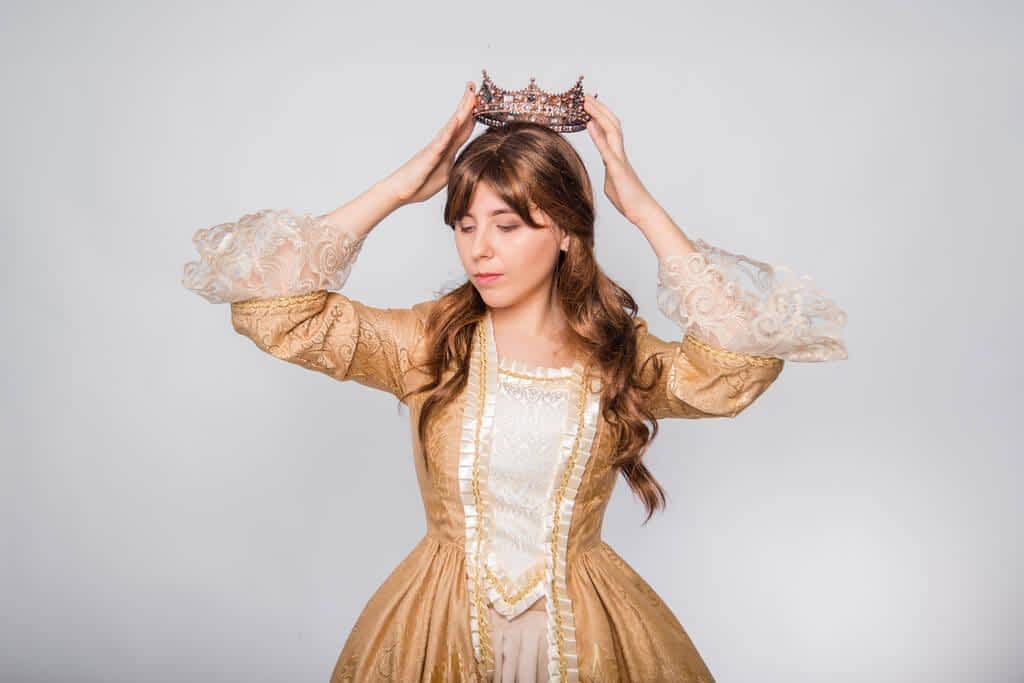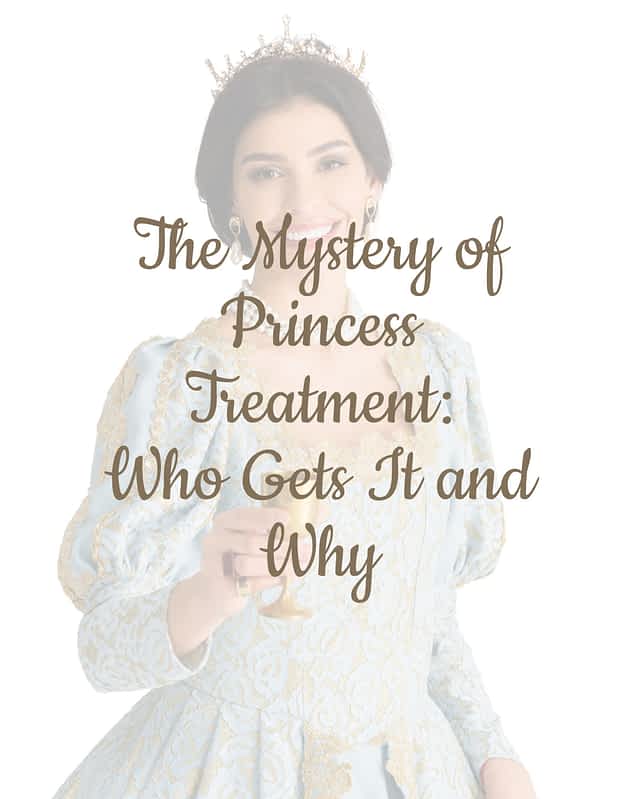The Mystery of Princess Treatment: Who Gets It and Why
Ever wonder why some women get the full-on princess treatment in relationships, like flowers just because, doors held open, endless attention, while others feel like they’re stuck doing all the emotional heavy lifting? It’s not just luck or looks.
This whole idea of being treated like a queen isn’t always about who’s “better” or more deserving. It usually comes down to the vibe of the relationship, personal boundaries, and the unspoken rules we’ve picked up from society and social media. In modern dating, princess treatment can feel like a dream or a red flag – depending on how it’s done. So where’s the line between sweet gestures and unrealistic expectations? Let’s break down princess treatment vs. mutual respect and figure out what’s really going on.
👑Key Highlights:
- Why “princess treatment” isn’t just about fairy tales or spoiled partners
- How modern dating changed the way people show love and respect
- The surprising role self-worth plays in who gets treated like royalty
- What really separates princess treatment from true mutual respect
- How personal dynamics shape the way affection is given and received

What Princess Treatment Really Means
Princess treatment is when a woman gets showered with extra care, attention, and adoration. We’re talking sweet gestures, surprise gifts, constant compliments, and just generally being put on a bit of a pedestal. It’s like getting VIP treatment in your relationship.
Sounds dreamy, right? But here’s the catch; not every woman gets treated this way, and there’s no one-size-fits-all reason. It’s usually a mix of how someone sets boundaries, what they expect from their partner, and how both people show up emotionally. Princess treatment in relationships can be amazing when it’s mutual and respectful, but if it’s one-sided or performative, it gets tricky fast.

Princess Treatment in Relationships: Why Not All Women Want It
Not every woman is into the whole princess treatment in relationships thing. For some, getting spoiled might sound nice in theory, but in practice, it can feel off. These women want mutual respect and equality, not to be put on a pedestal like they need saving.
Being treated like royalty might seem sweet, but it can sometimes come with old-school vibes, like expecting her to play a more passive or dependent role. That doesn’t sit well with women who value independence and a true partnership. They’d rather be seen as equals, where both people support each other’s growth and share the load emotionally, financially, and mentally.
When it comes to princess treatment vs. mutual respect, some women would hands-down choose a relationship where they’re respected, heard, and treated like a teammate – not just pampered for show.

Modern Dating and Princess Treatment: How Gender Roles Still Shape Relationships
A big reason why the princess treatment shows up in some relationships comes down to old-school gender roles and cultural expectations. A lot of people still carry the idea that men should act chivalrous and women should be adored, and pampered.
In some relationships, this plays out as one partner going all-in on that being treated like a queen vibe—not necessarily because it’s what she asked for, but because it’s what’s expected. These ideas are deeply rooted and still influence how people show up in modern dating.
The reality is not everyone wants or fits into that mold. As dating norms change with the times, so does the way people define respect, effort, and equality in a relationship. What feels romantic to one person might feel outdated or even awkward to another.

Boundaries, Communication, and Being Treated Like a Queen
A lot of what shapes princess treatment in relationships comes down to how clearly someone communicates what they want. Women who speak up about their needs are more likely to get treated like a queen, because their partners know exactly what makes them feel valued.
💡Positive feedback also plays a big role. When a woman shows real appreciation for the little things, it encourages her partner to keep showing up in that way.
But not everyone feels comfortable asking for that kind of attention. Some women hold back because they don’t want to seem needy or high-maintenance. The result is they might get less affection, not because they don’t deserve it, but because their partner has no idea what they’re actually craving.

The Role of Personal Dynamics in Being Treated Like Royalty
Being treated like a queen doesn’t only come down to gender roles or societal pressure. A lot of it has to do with how two people relate and express love. Some people naturally show affection through actions like surprise coffee runs, thoughtful texts, small gifts, while others are more about words, quality time, or just being present.
That difference in love languages can create a disconnect. One partner might feel unappreciated or overlooked, even if the other genuinely cares, they’re just showing it in a way that doesn’t land.
Then there’s the influence of past experiences. If someone grew up in a home where affection meant physical gestures or doing things for each other, they’re probably going to carry that into their relationships. On the flip side, if they come from a more emotionally reserved background, showing love in big, expressive ways might not come naturally.

How Self-Worth Shapes Princess Treatment in Relationships
A woman’s confidence and how she values herself play a huge role in whether she gets princess treatment in relationships. When a woman knows her worth and carries herself with self-respect, she’s more likely to attract a partner who treats her like a queen, with attention, and genuine care. She sets the bar high and won’t settle for anything less than she deserves.
On the flip side, if a woman struggles with self-esteem, she might end up with partners who reflect those insecurities back at her. That can mean accepting less-than-stellar treatment because deep down, she doubts she deserves more or worries she won’t find better.
This isn’t blaming anyone, it’s understanding how confidence and self-worth can shape the way someone experiences love and affection. When you believe you deserve to be treated like royalty, you’re way more likely to get that kind of treatment.

How Partners Shape Princess Treatment in Relationships
A lot of whether someone gets princess treatment in relationships comes down to their partner’s personality and how they show love. Some people just naturally enjoy going the extra mile that make their partner feel truly special, almost like being treated like a queen.
But that doesn’t mean partners who don’t shower with grand gestures aren’t loving or caring. Everyone expresses affection differently. For some, love shows up in quiet ways, like helping out during tough times, or just being there when it counts. That kind of support can feel just as meaningful as any “royal treatment.”

Final Thoughts: How to Create Your Own Princess Treatment in Relationships
Princess treatment isn’t some one-size-fits-all badge of a great relationship. It’s really just one way people show love, respect, and appreciation.
Whether or not a woman experiences this kind of treatment depends on a mix of things, like societal expectations, personal boundaries, how well partners communicate, the unique dynamics between them, and, of course, her own self-worth.
If you want to be treated like a queen, the first step is to be clear and honest with your partner about what makes you feel loved and valued. But remember, healthy relationships are all about mutual respect and effort from both sides. The real goal is to build a connection where both people feel cherished and supported, no matter if it looks like the classic “princess treatment” or something more modern.

This post may contain affiliate links. I earn from qualifying Amazon purchases at no extra cost to you. This content is for informational purposes only and is not a substitute for professional advice. Read full disclaimer.
Thank you for reading this post, don't forget to subscribe!







